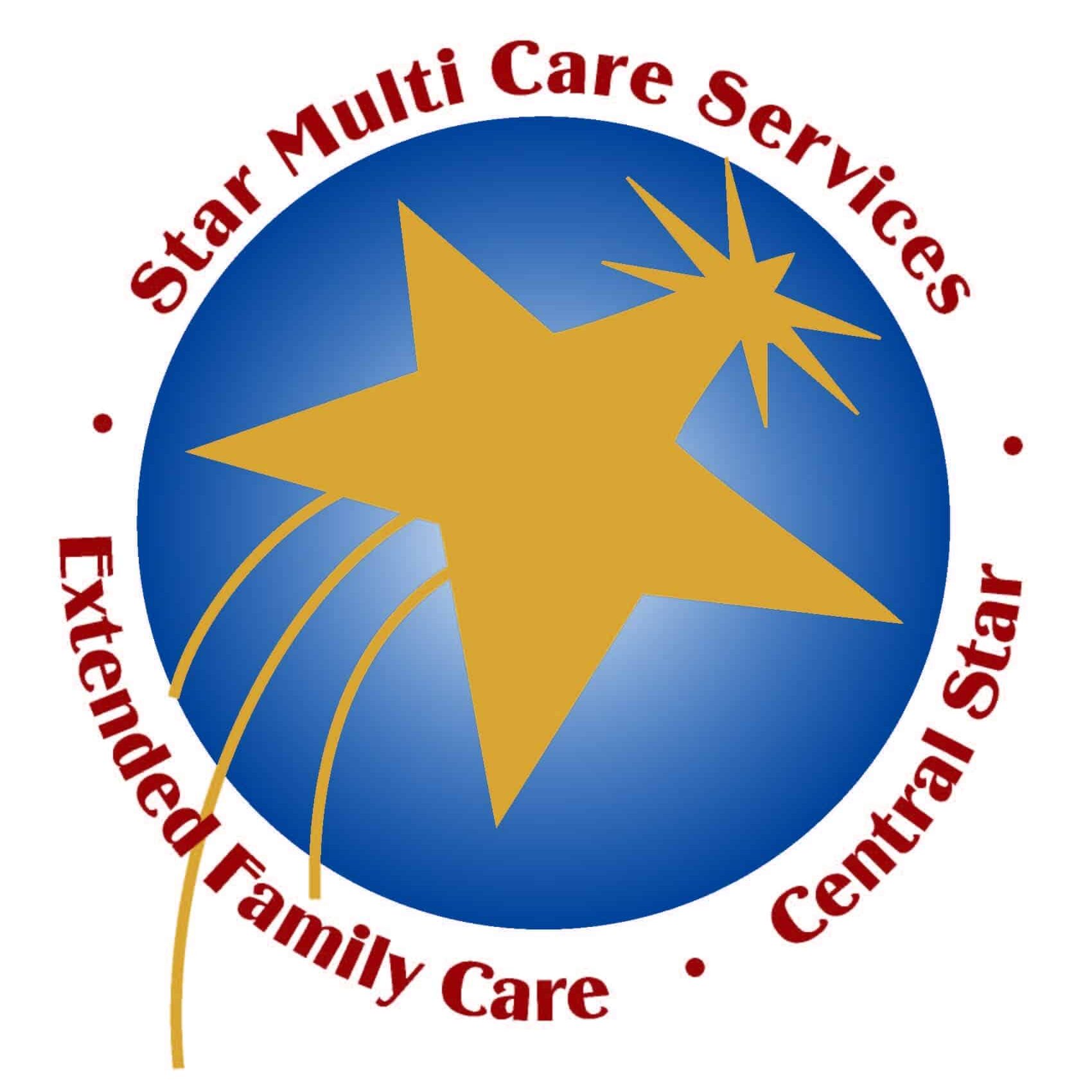Poor appetite is a common problem in older people living at home, as well as hospital inpatients. It can contribute to weight loss and nutritional deficiencies, and associated poor health care outcomes, including increased mortality.

Understanding the causes of reduced appetite and knowing how to measure it will enable nurses and others such as elder care workers and aids working in a range of community and hospital settings to identify patients with impaired appetite.
A range of strategies can be used to promote better appetite and increase food intake.
See the doctor.
First, talk to your parent’s physician or other health care practitioner.
You’ll want to be sure that there aren’t any underlying health issues or infection causing their lack of appetite or making it difficult for them to eat.
Rule out depression, which is known to affect appetite and is common in older people, and if your senior is taking any medications, talk to their health care provider to see if there is any possibility that the medication or its side effects could be the cause.
Get a dental check up.
Older people are more likely to have poor dental health, and wearing dentures and chewing difficulties are both associated with loss of appetite. If your parent hasn’t had a regular dental visit in a while, now would be a good time to rule out any issues concerning their teeth and oral health. It’s a good idea to schedule regular appointments to be sure your loved one is healthy and comfortable, as sometimes seniors have trouble letting us know when something is wrong.
Utensils.
Older people receiving elder care sometimes have or can eventually develop dexterity issues as they age, so be sure that you or the caregivers are offering foods that are easily able to be picked up and brought to the mouth. Try offering some simple finger foods and see if your senior finds eating any easier. If you are noticing that foods that are able to be picked up are more enticing to your parent, it may be that they are struggling with the use of utensils.
Get creative.
Seniors, just like the rest of us, can get bored eating the same old foods on a regular basis. Ask your parent if there are any foods they would like to try, and offer some “outside the box” suggestions of things that may pique their interest and give their tastebuds a boost.
Involve your elder care provider.
Elder care providers are trained to identify seniors with poor appetite, look for any underlying cause and use various strategies to help older people to improve their appetite and the quality of their diet.
These include enhancing the flavor of foods, improving mealtime ambience, being present for meals, serving smaller portions of nutritious foods, serving ‘beverage’ meals and making foods that seniors are known to like at the times that they usually eat.
Physical activity can also help stimulate appetite in some cases depending on willingness and mobility.
Source:https://www.ncbi.nlm.nih.gov/pmc/articles/PMC4589891/
If you or an aging loved one are in need of Elder Care Services in Northport NY or the surrounding areas, contact the caring professionals at Star Multi Care Services today at (631)956-8835. We are the Right Choice for Home Health Care Services!
- Ways a Client Advocate Can Improve Your Loved One’s Quality of Life - April 9, 2025
- Consistency is Key to Helping Your Senior Remain Independent - April 3, 2025
- Help Your Senior Welcome Back the Birds of Spring - March 26, 2025

